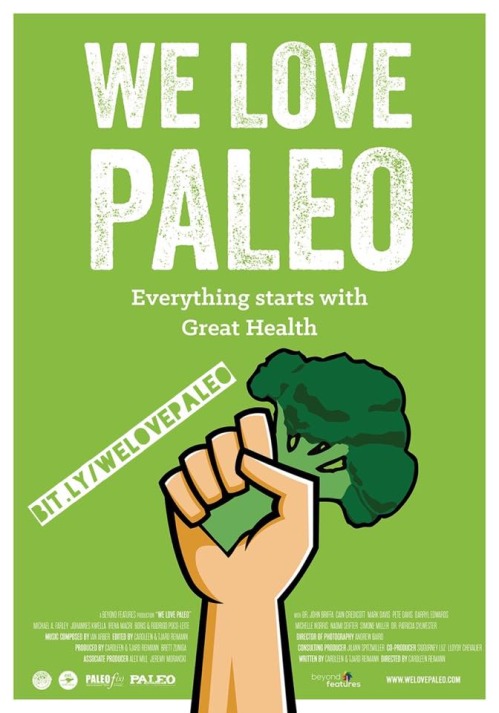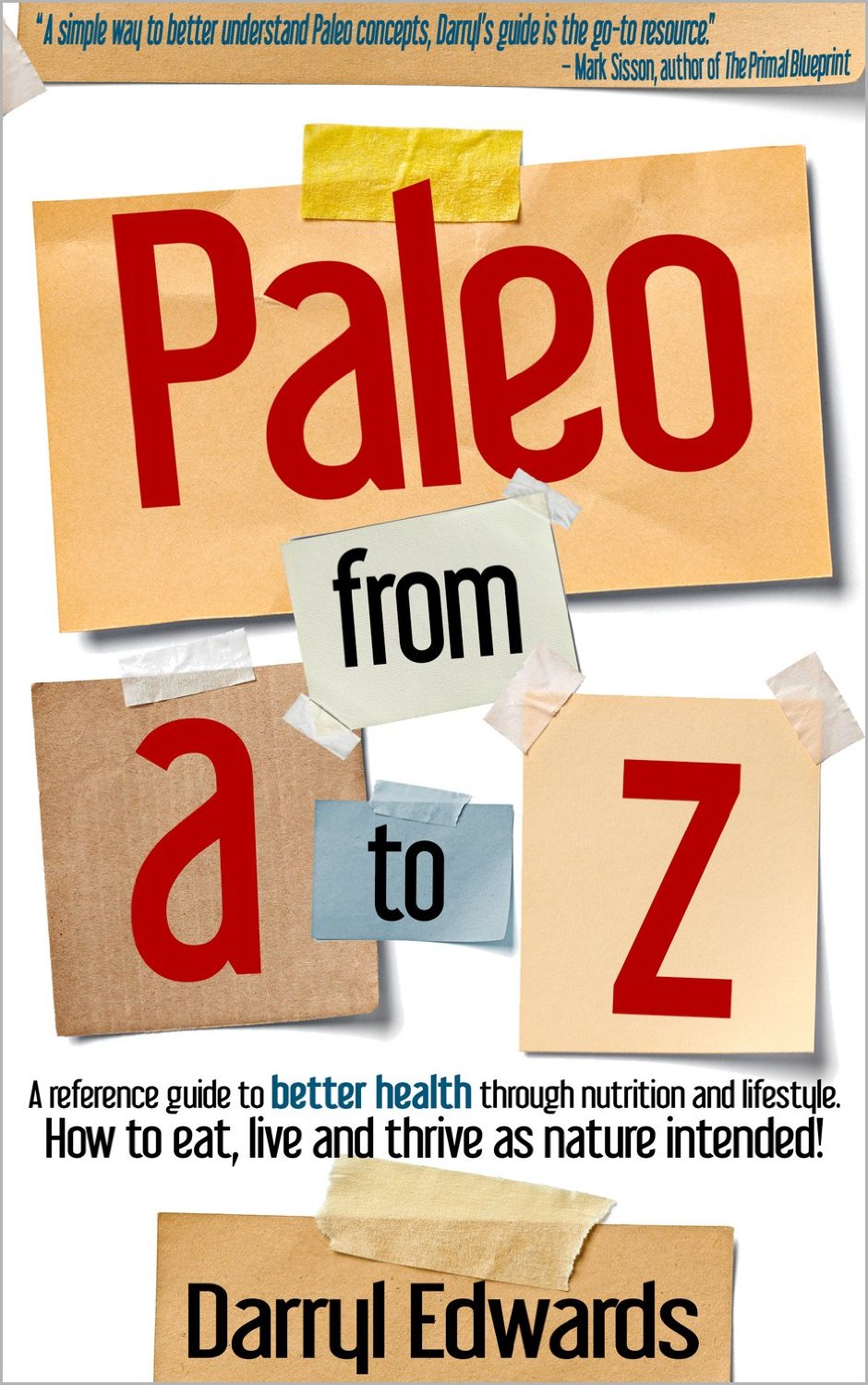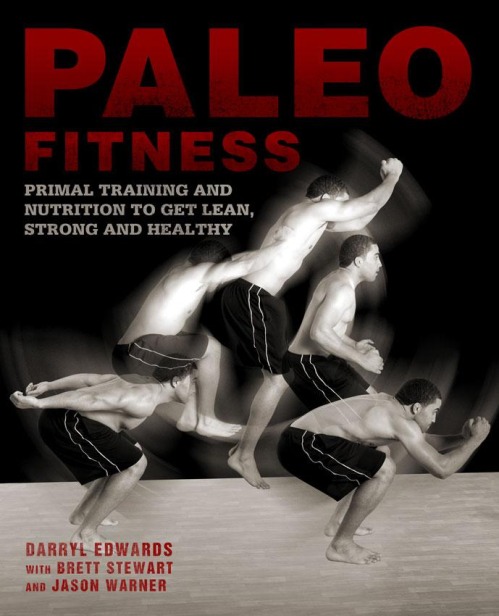Health: 60 Seconds on Fat Storage and Hormones
 Sunday, May 1, 2011 at 17:00 | by
Sunday, May 1, 2011 at 17:00 | by  Darryl Edwards
Darryl Edwards

What is fat?
Fat (adipose tissue) is composed of cells called adipocytes.
What are hormones?
Hormones are chemicals mainly produced by endocrine glands to provide a messaging mechanism between different cells and organisms in the body to evoke a particular action. Hormones are released by these glands into the blood stream to have an affect on the targeted cells.
Isn't getting fat about eating too many calories?
Well yes and no. Over-eating in any form without the requisite calorific output will lead to weight gain. But in certain conditions under-eating can still encourage fat-gain. In simple terms fat cells increase in size to store excess calories. However this is not the only factor, nor is it the primary factory leading to fat-gain.
Hormones and their impact on fat levels
Fat cells can react to hormone production in different ways, through:
- stress
- examples include adrenalin (also known as epinephrine) and cortisol;
- hunger
- hormones affected by hunger include ghrelin, leptin and glucagon;
- eating
- consuming food results in the release of insulin, dopamine and phenylethamine;
- exercise
- hormones released during activity include serotonin and endorphins;
- one's sex
- the hormones testosterone and estrogen store fat in different locations;
It is important to have the correct hormonal balance, over stimulation in one or more areas can have devastating consequences.
For example an over-production of the hormone insulin inhibits the release of fat as an energy source, which is why high carbohydrate diets such as the typical Western diet tend to cause weight gain because any stored body fat is unlikely to be used.
The stress hormone cortisol which is produced based on the bodies response to long term stressors (such as over-training, lack of sleep, etc) also promotes fat-storage, however adrenalin produced during acute (short-term) stressful situations promotes fat-burning.
The stress of (irregular) short-term intense exercise and a lower rate of insulin production such as that promoted in a paleo type diet will allow fat to be used more efficiently as an energy source and will less likely become the spare tyre.
Conclusion:
In summary get adequate quality sleep, don't over-eat (or under-eat), avoid stress, get used to feeling hungry and focus on short bursts of intense activity.




















